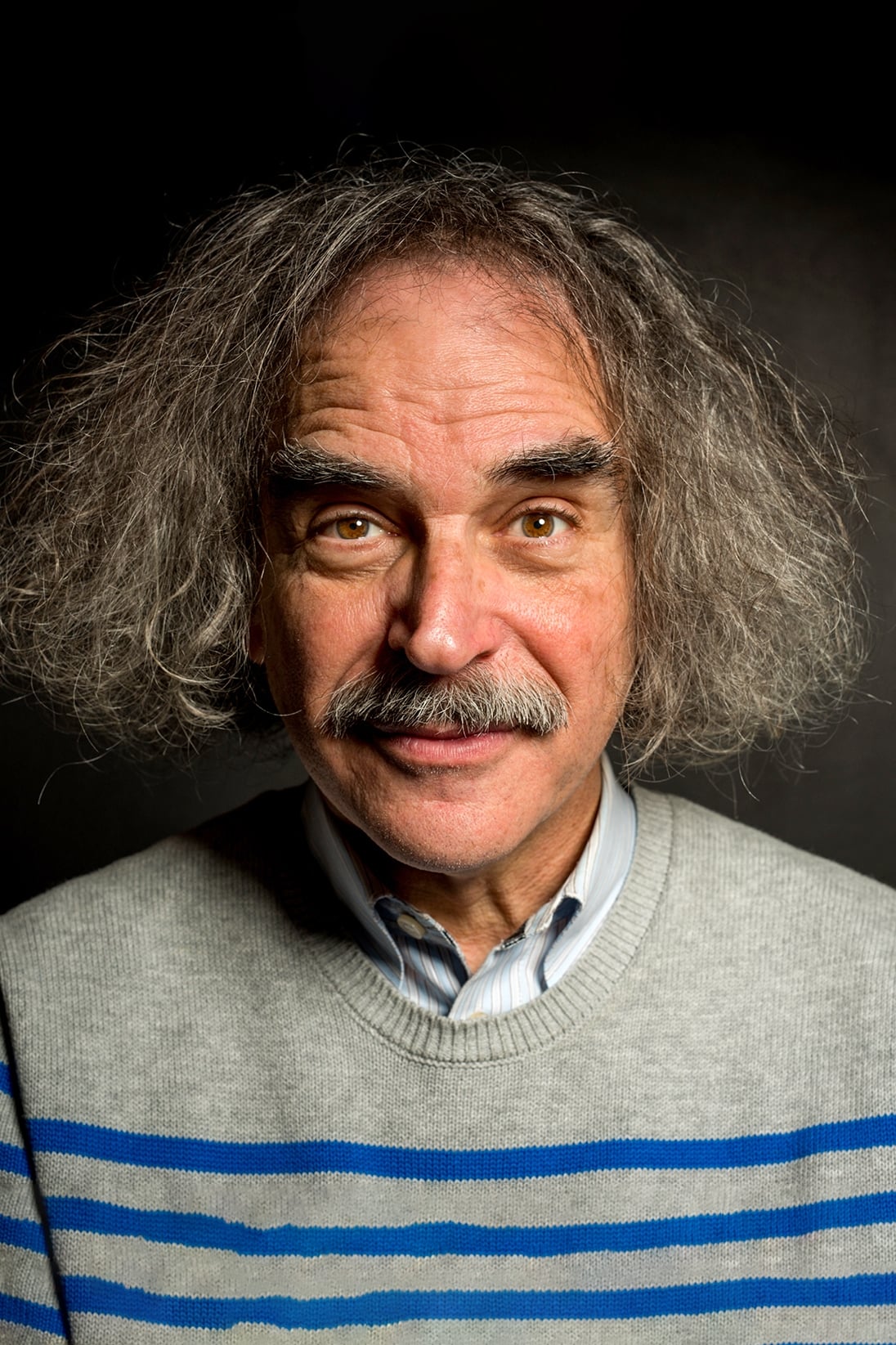
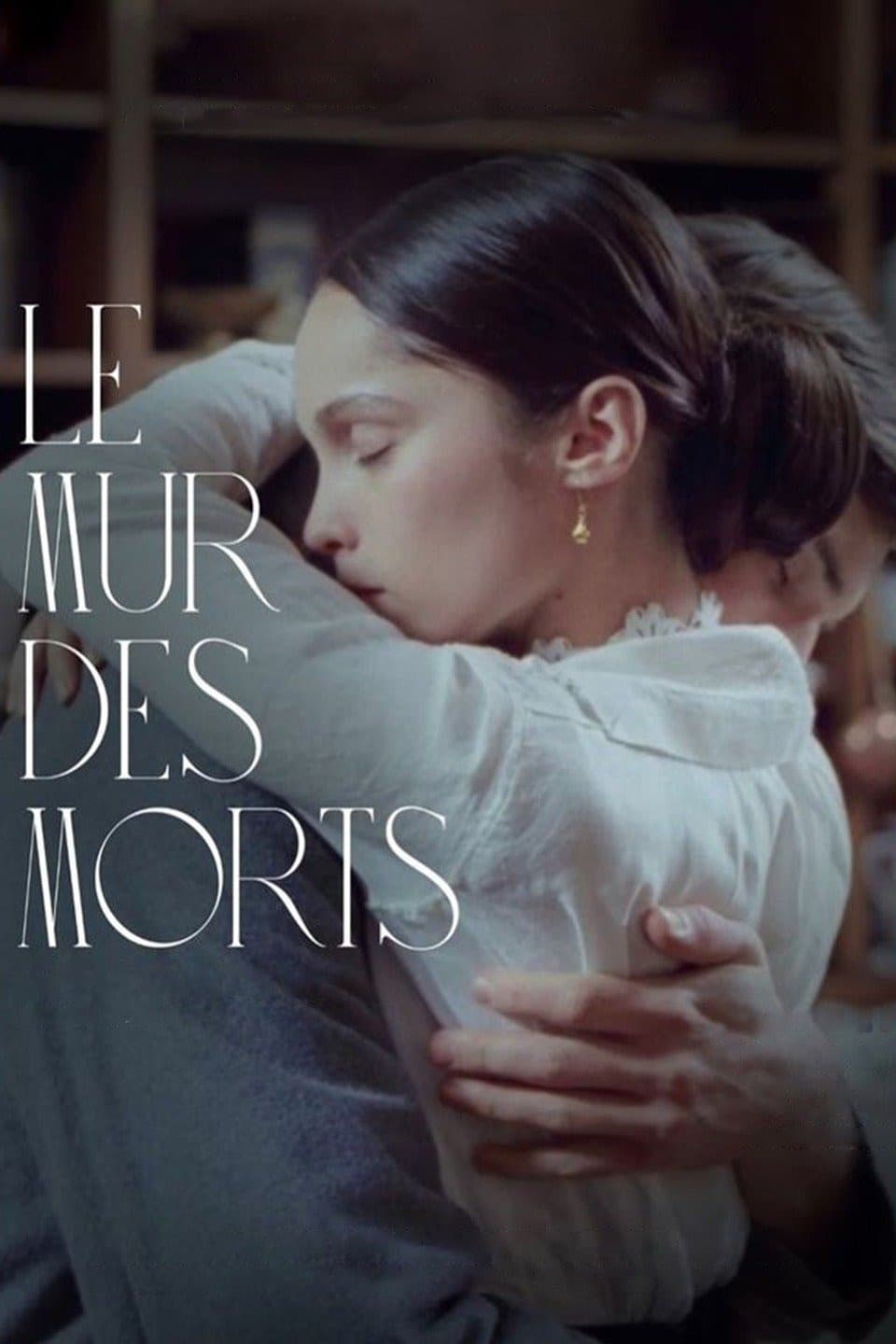
Arnaud, a student remaining alone in Paris during the summer, is obsessed with the wall where the names of the Parisian soldiers who died in the 1914 war are engraved. He finds himself confronted by one of these soldiers, who invites him to step out of time and to bring comfort to his loved ones.
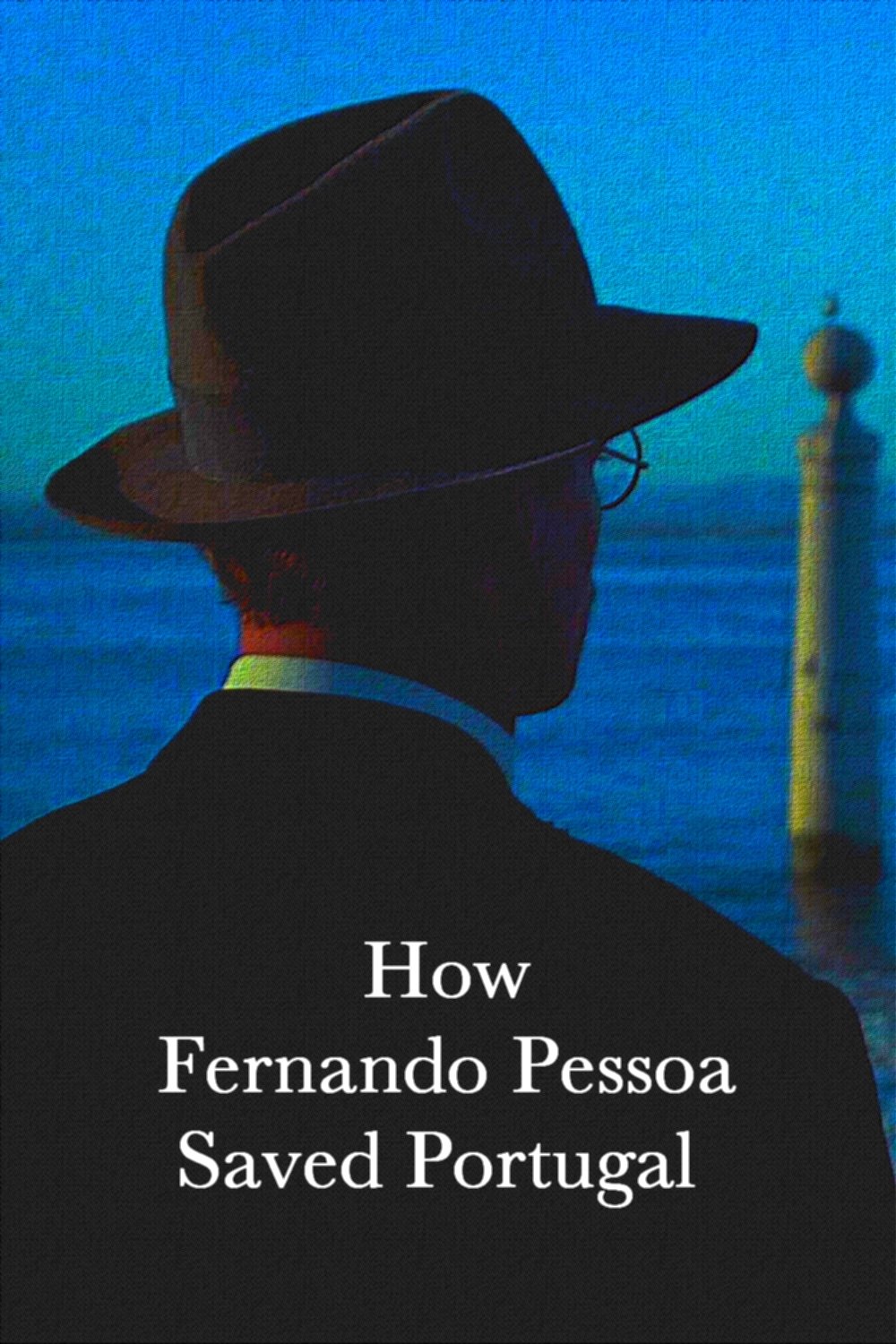
Lisbon, Portugal, 1927. The writer and journalist Fernando Pessoa accepts from his boss the commission to create an advertising slogan for the drink Coca-Louca; but conservative government authorities consider the new drink as revolutionary as it is diabolical.
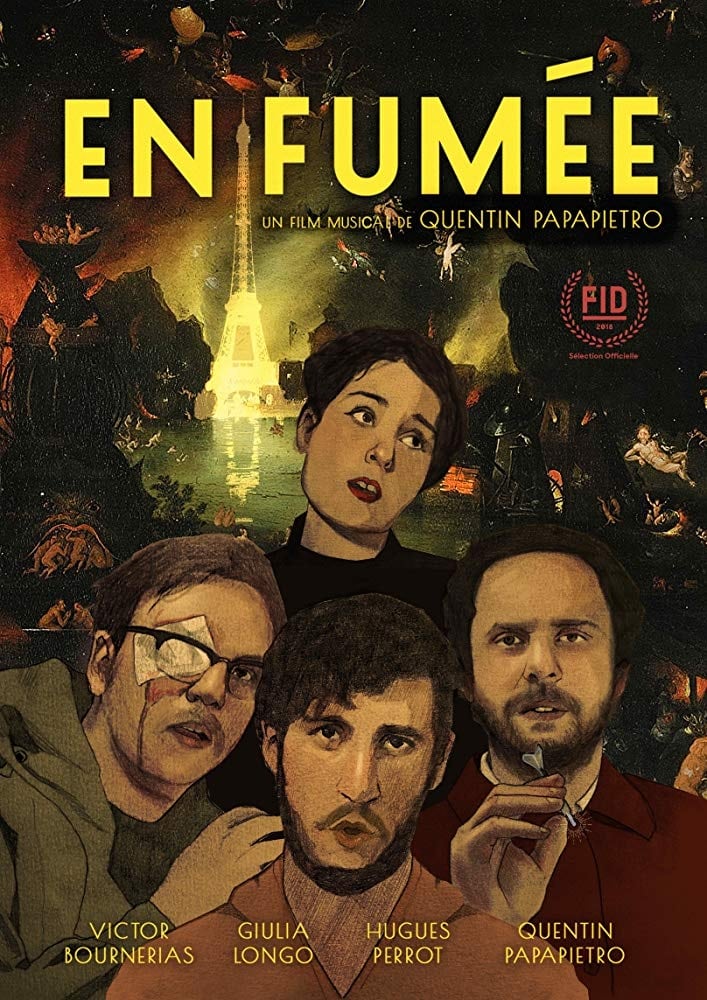
Paris, Boris and Alexis are trying to give a meaning to their idleness. In the countryside, Pierre is achieving his opera, which is a new take on the myth of Orpheus, while trying to forget Adelia, who just dumped him.
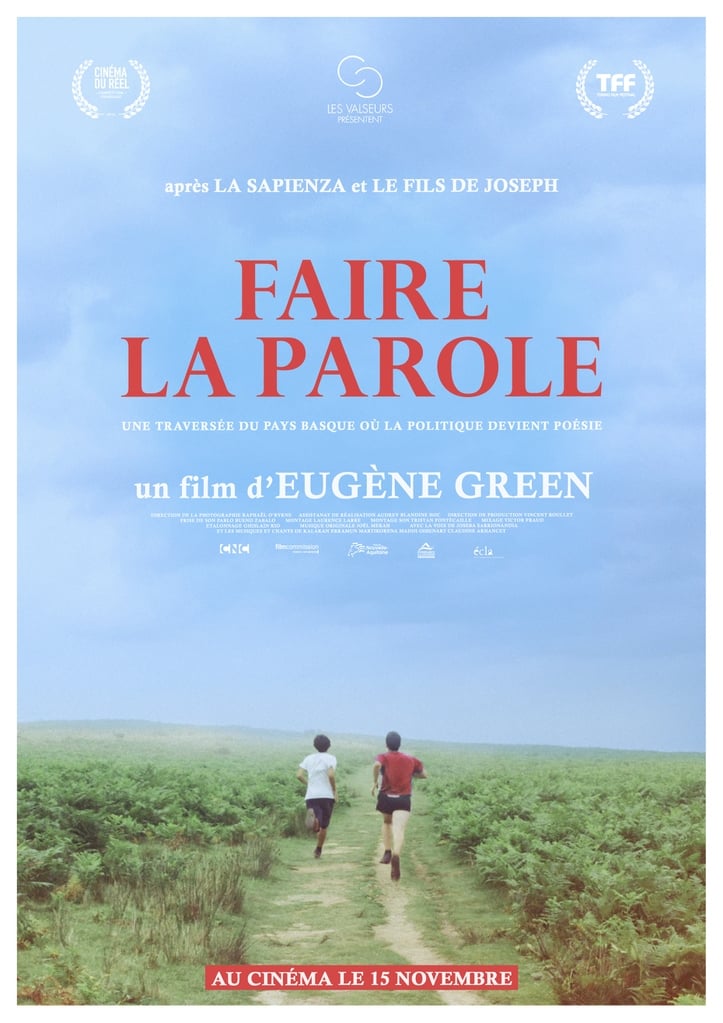
Opening with the testimony of a politically exiled Basque author reminiscing on a childhood where he was forced to “hide his language as something ugly”, Faire la parole then keeps apace with some young people from the French and Spanish Basque Country: Nora, who saw the newspaper where she worked closed by the Guardia Civil in 2003, then Aitor, Ana and Ortzi. The last three, still teenagers, lend a summery and easy-going tone to the film, which is magnificently framed by Eugène Green’s long-time cameraman, Raphael O’Byrne. The dialogue that settles in between the younger members and those in their thirties has a rare quality, as if the difference of language – which each has had to impose on their family or on their national entourage – had almost tacitly created a secret community. Starting with the political stakes (regional languages versus centralism), the story hikes over the mountains with these new friends brought together by the filmmaker.
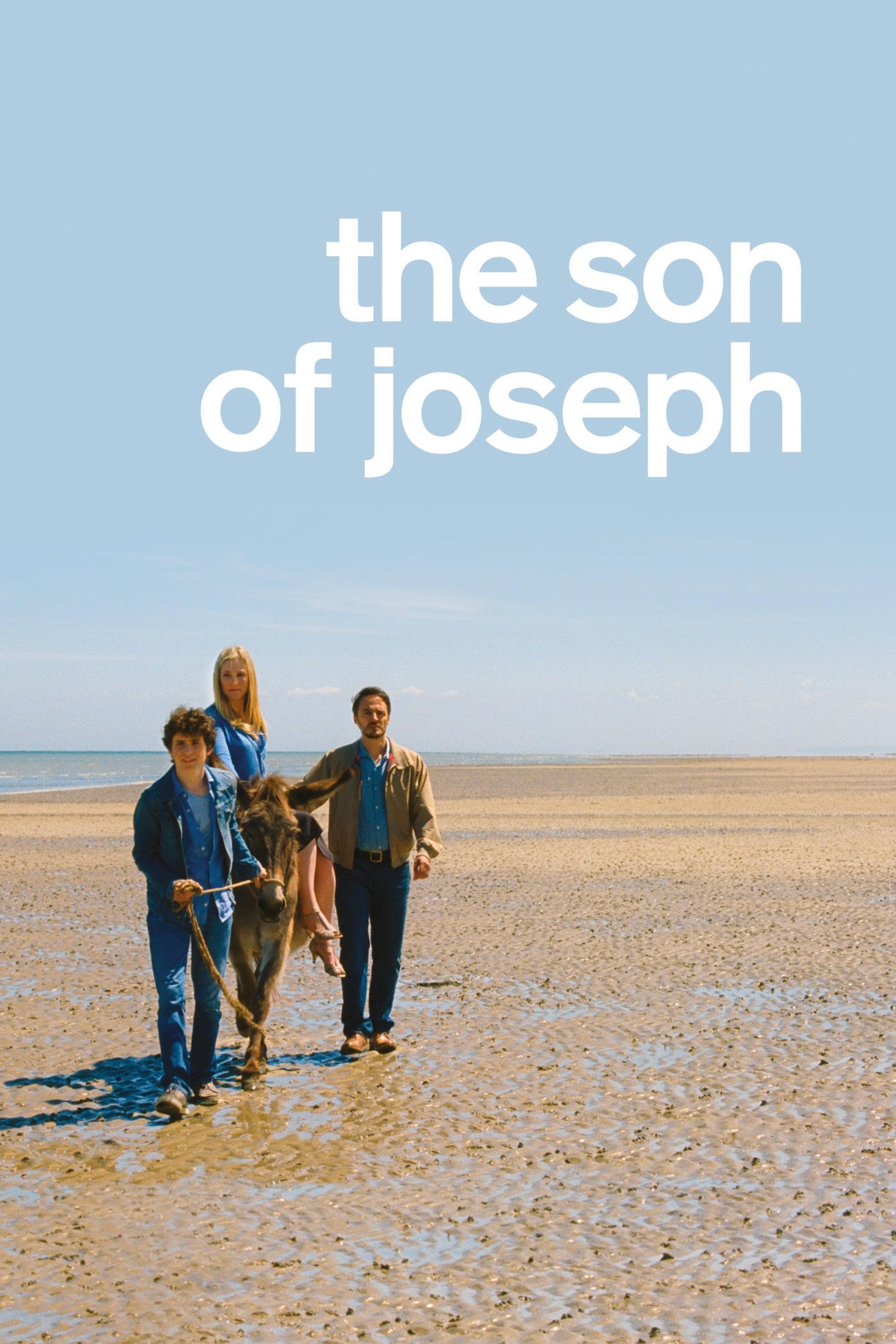
A young man who lives with his mother and has never known his father, heads off to look for him. He finds a cynical and Machiavellian man who works as a publisher in Paris. After he attempts to kill him, he finds filial love thanks to his uncle.
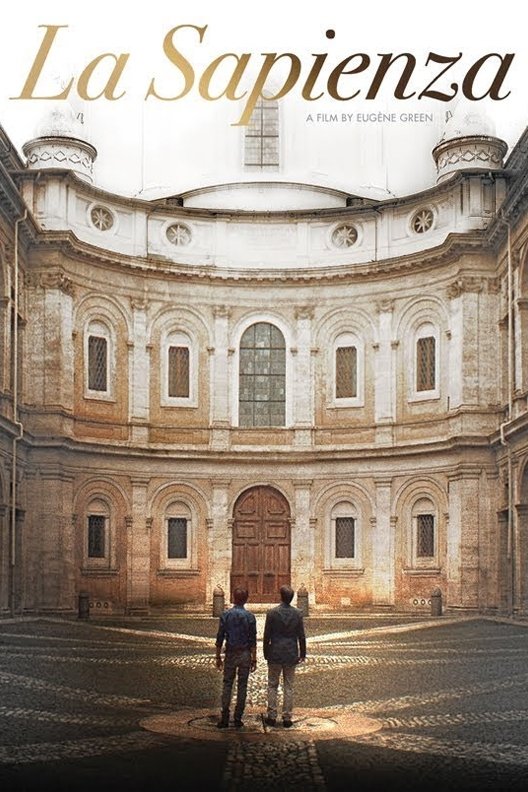
The story is one of an architect that has lost his inspiration and goes looking for those motivations that pushed him as a youngster to take up the profession. Inspiring him was the baroque movement and all of its artifices: the Guarini in Turin and the Borromini in Rome. The film’s central story ends up being the love story that develops between architecture, artistic inspiration and feelings.
Eugène Green is an American-born, naturalized French filmmaker, and dramatist. He is notable as an educator, training a generation of young actors in the revival of French baroque theatre technique and declamation.
By browsing this website, you accept our cookies policy.